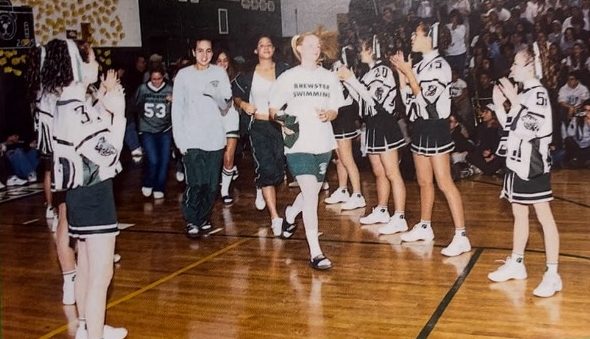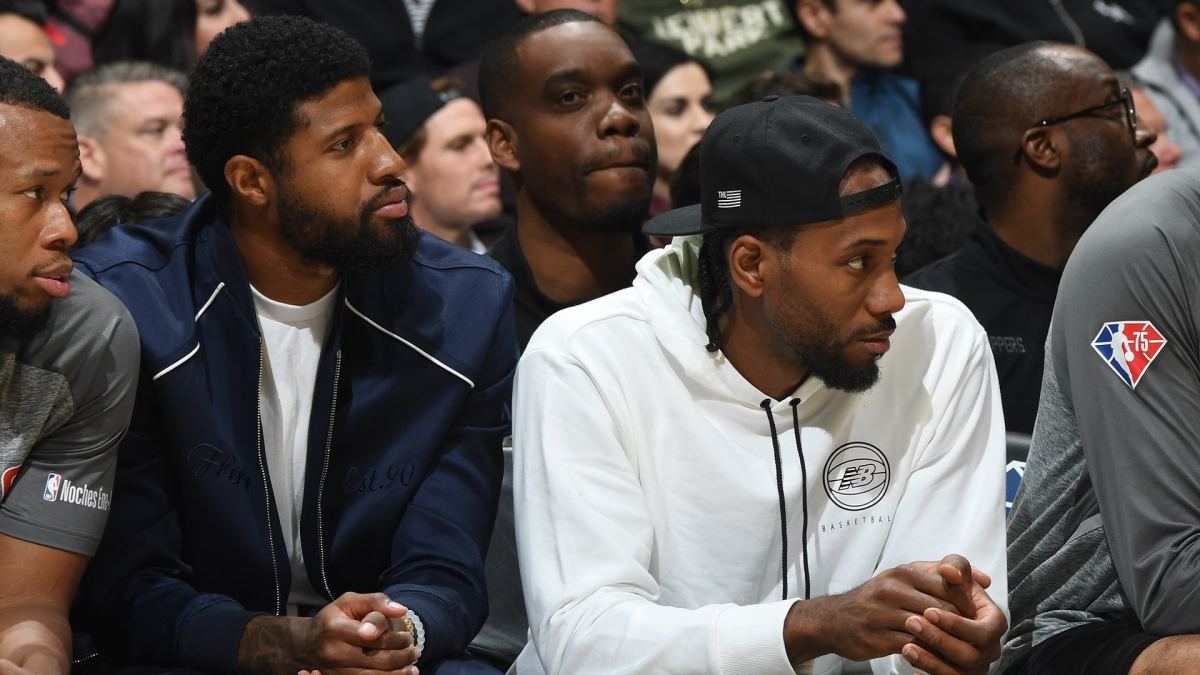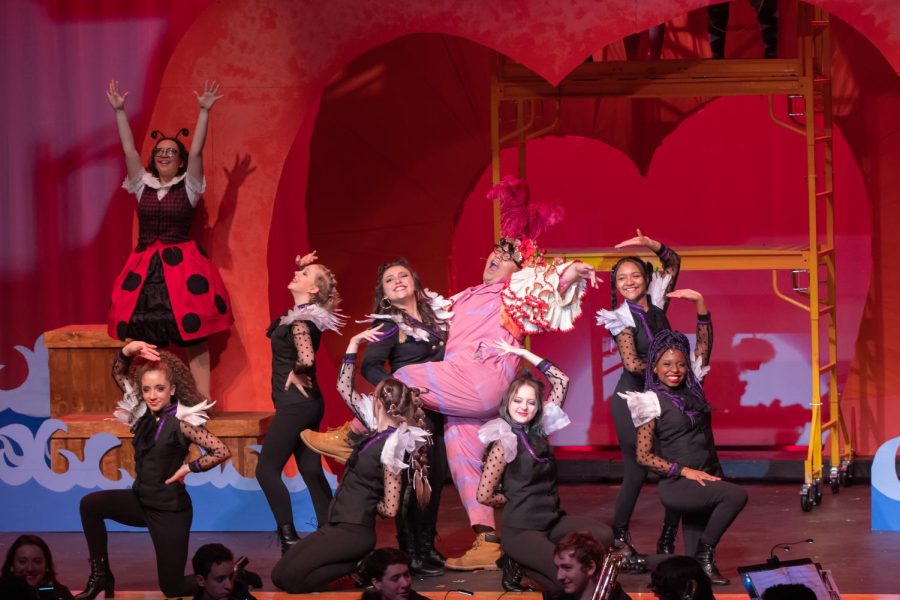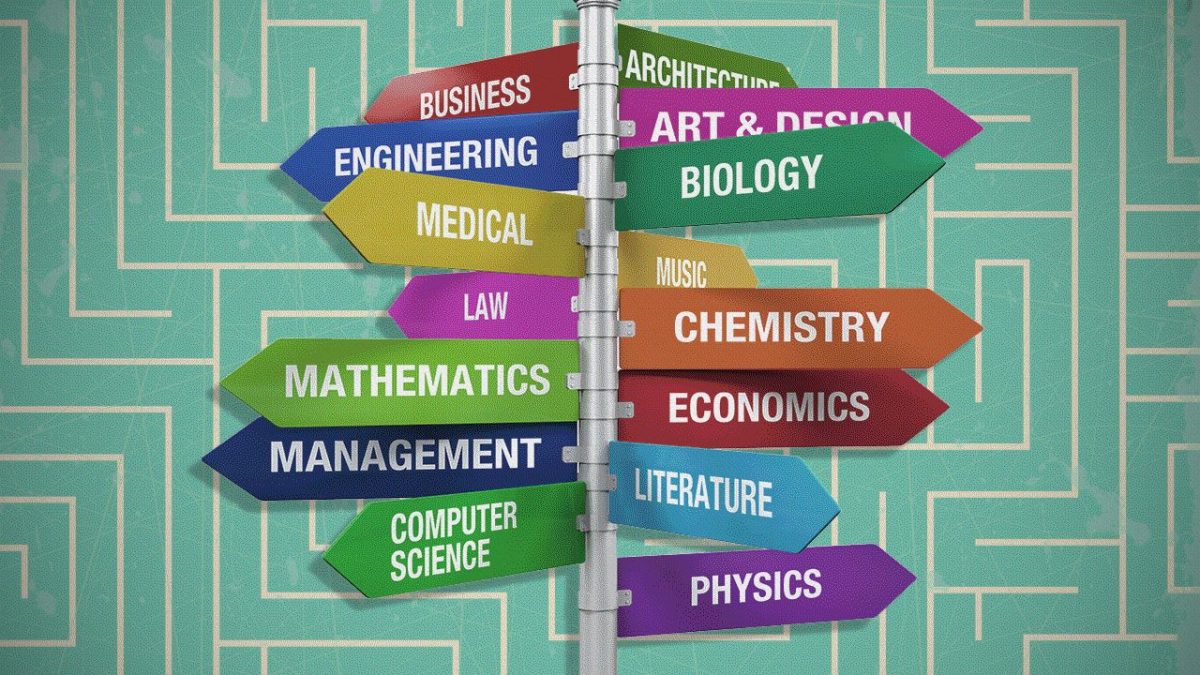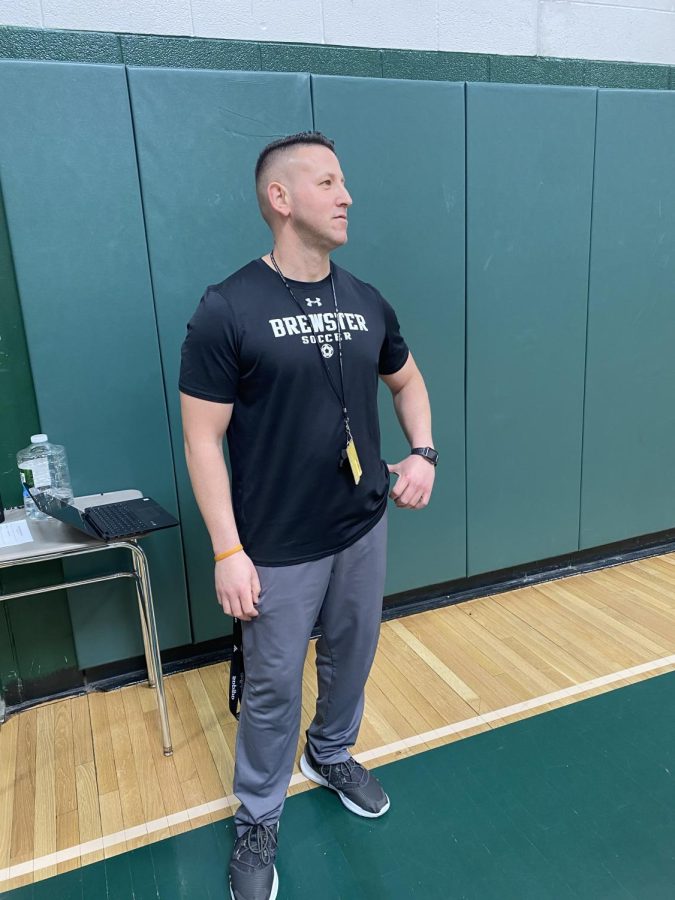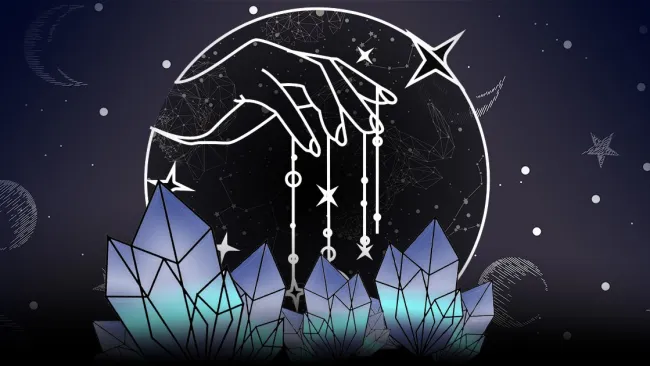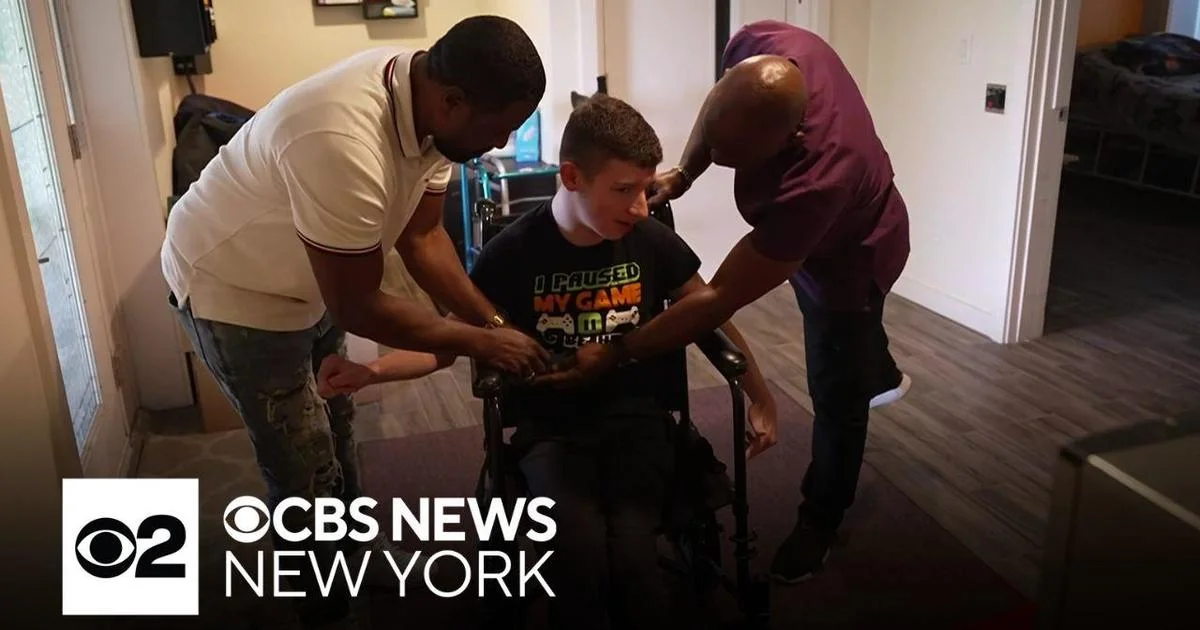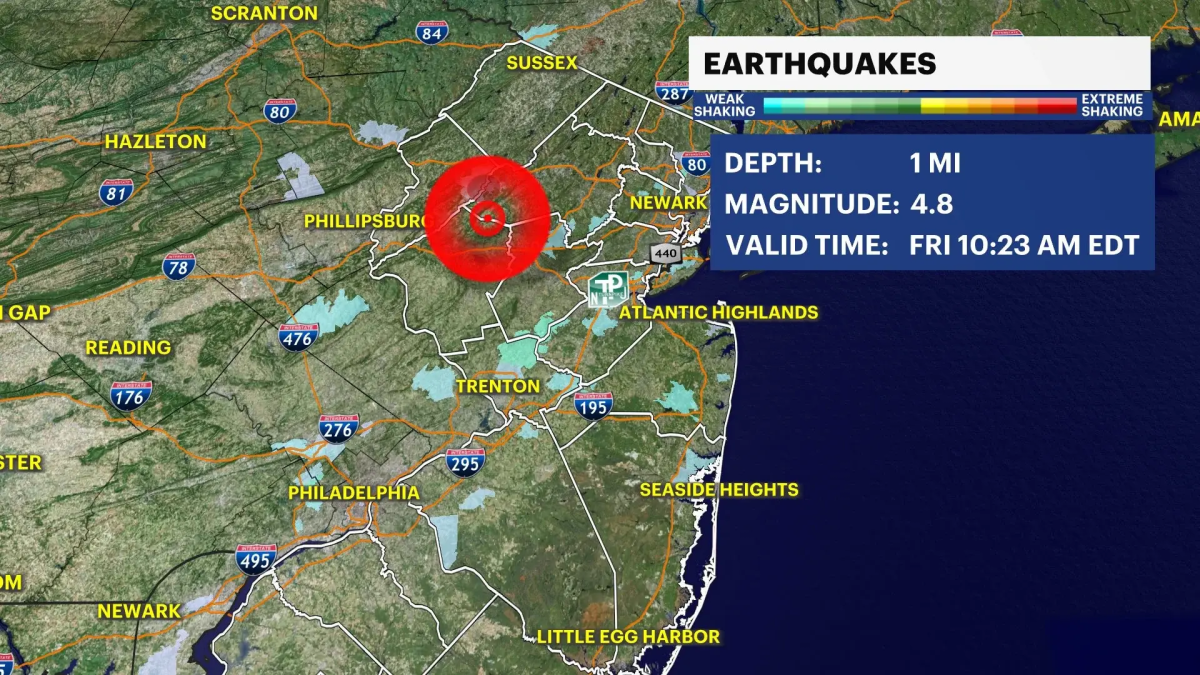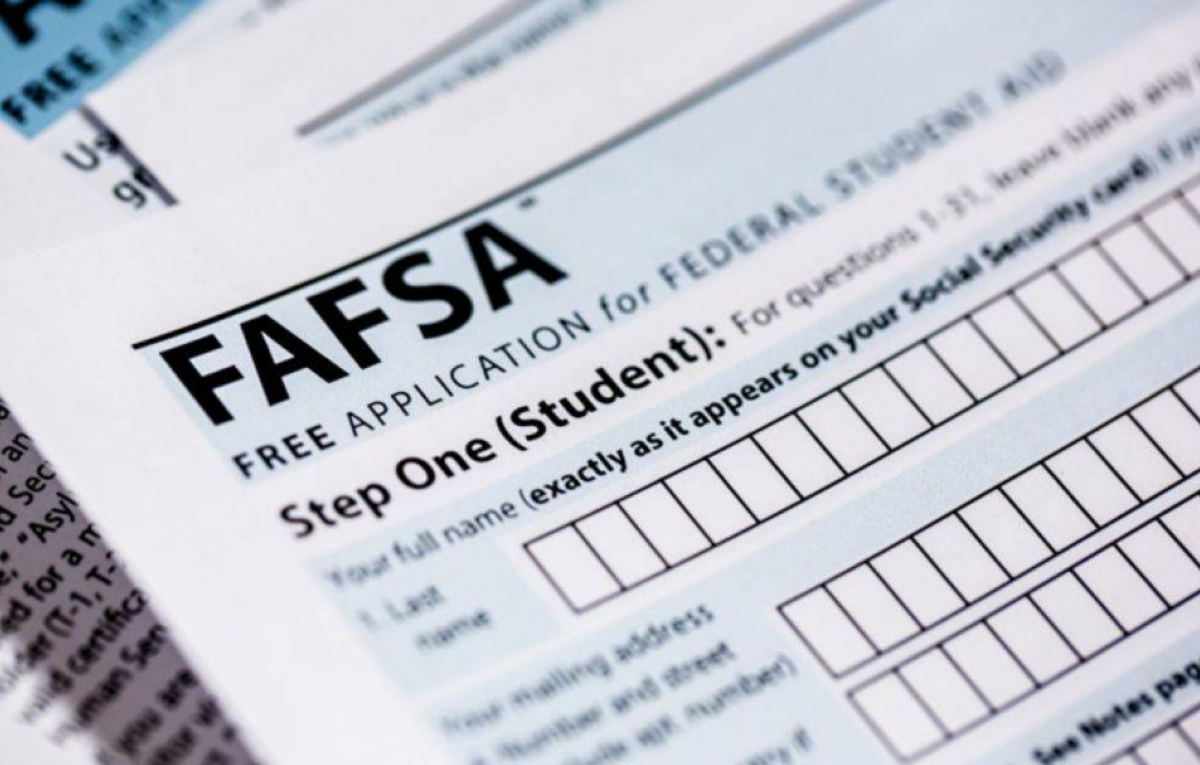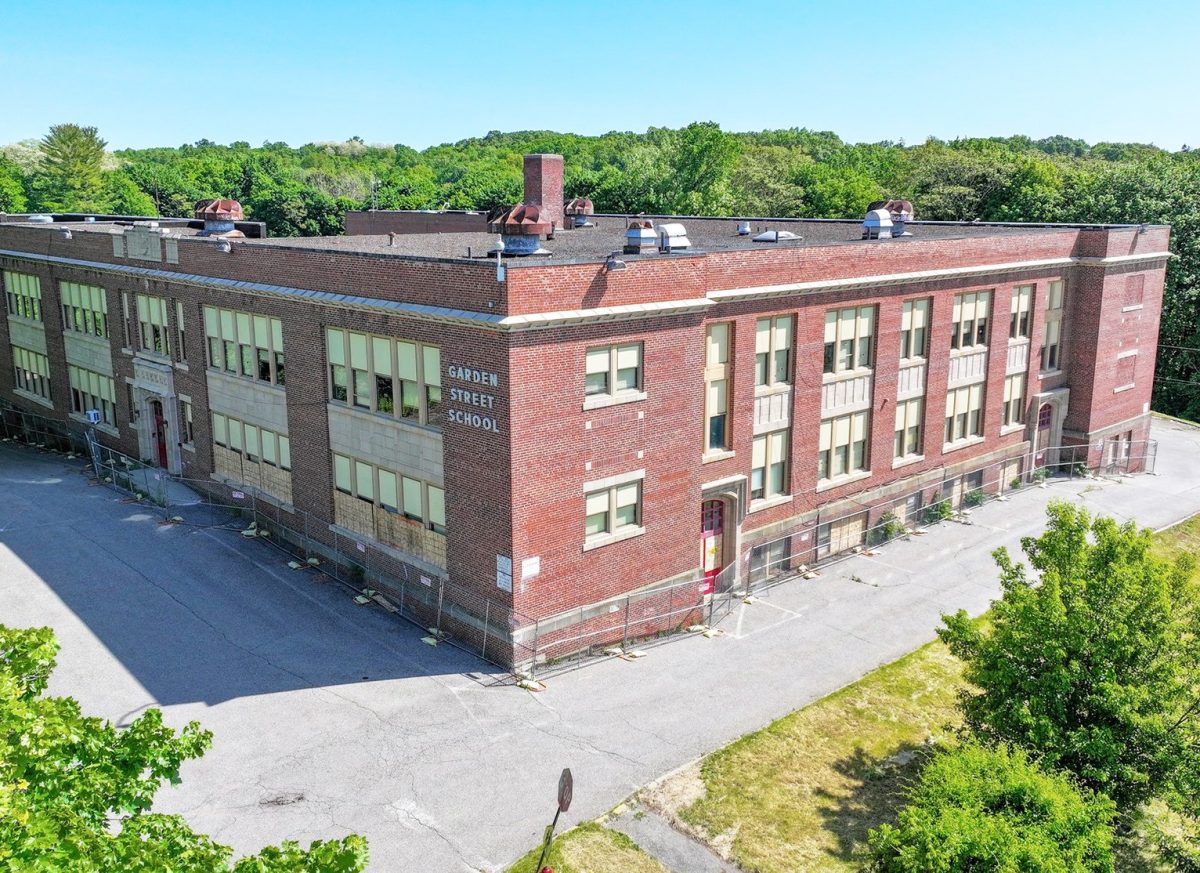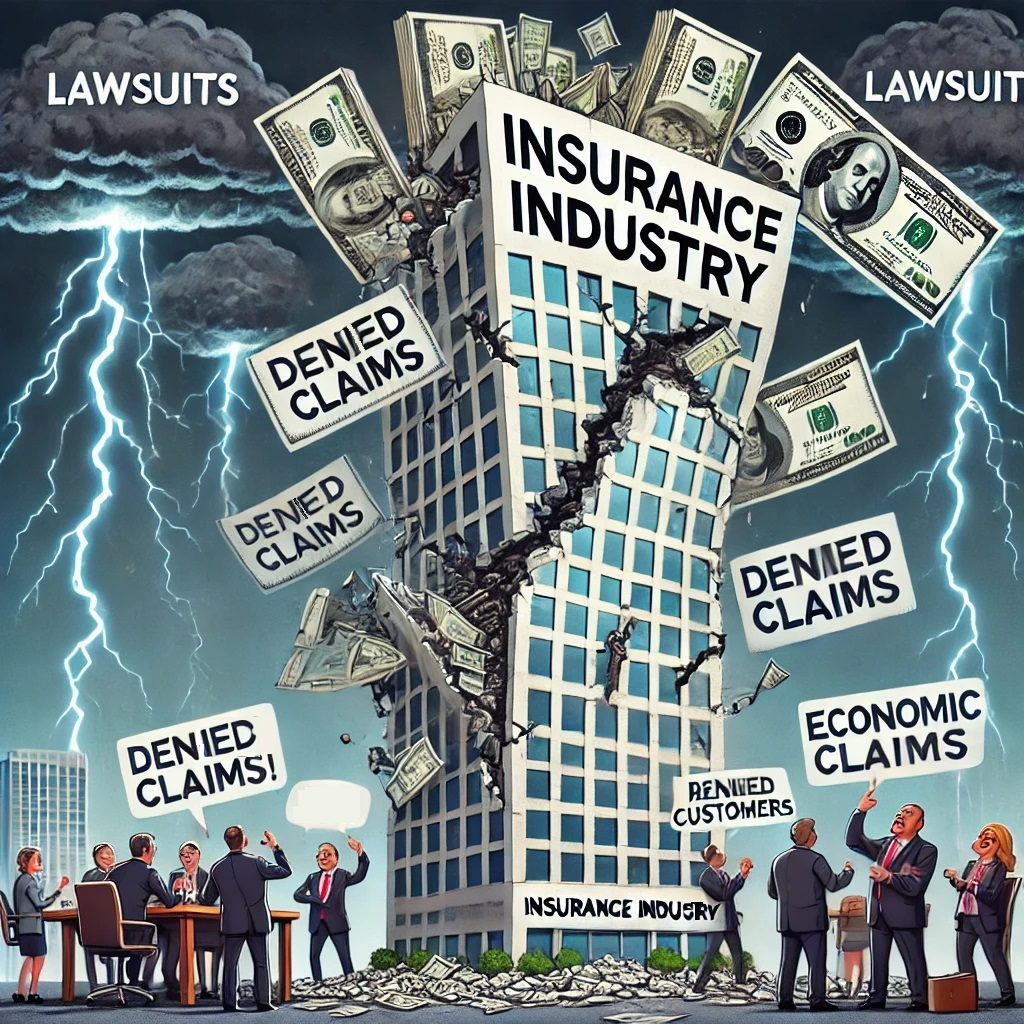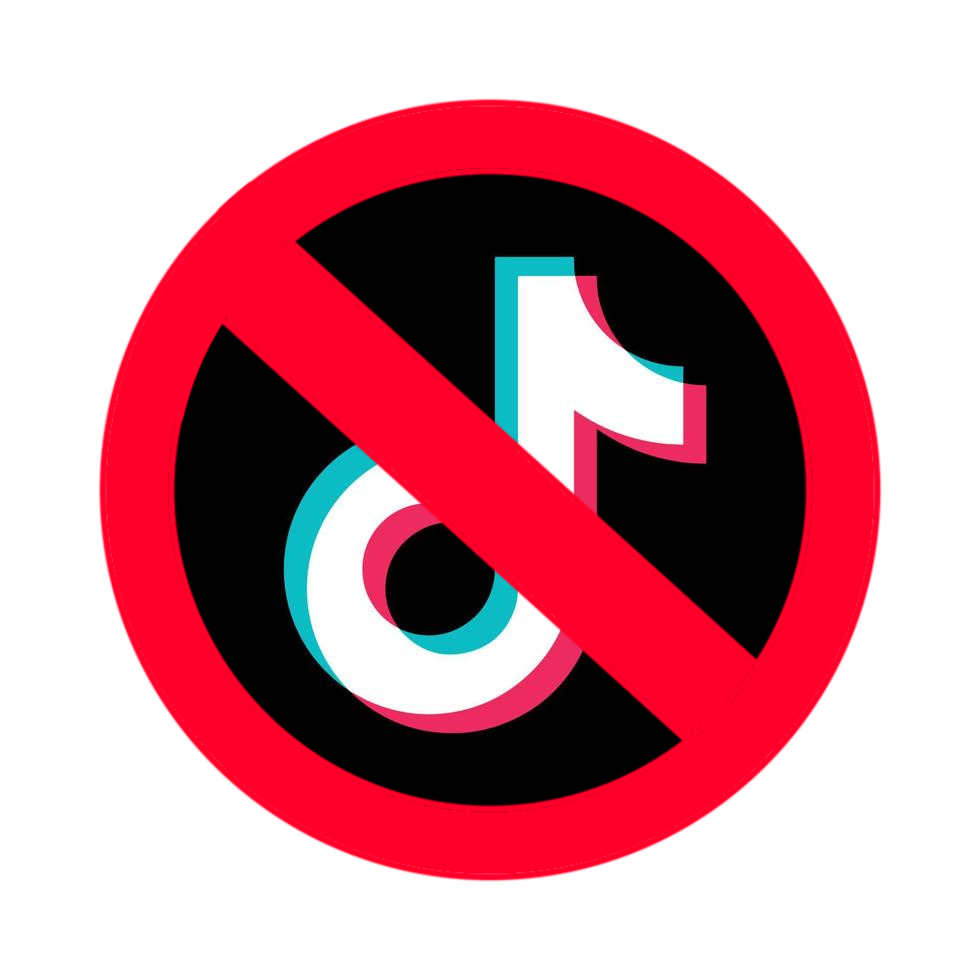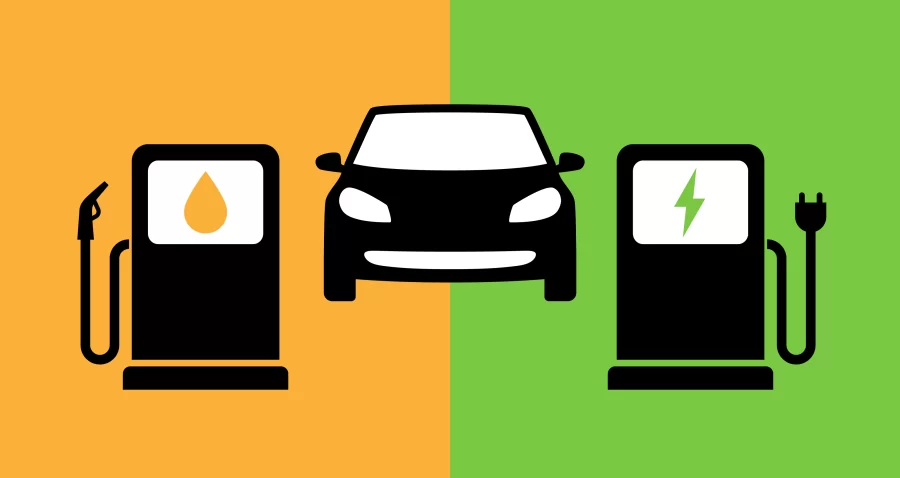Yes
The benefits college can have on careers, relationships, and independence are immeasurable. There are currently 594,000 college students in 110 universities in New York City. According to the Census Bureau, in 2022 37.7% of Americans prioritize going to college. Accoring to Harvard Business Review, the average number of jobs requiring a college degree amounts to 44%. Now, the telltale college debate has been around for centuries. Should you go? Is it really worth going? What can college do for you to help you succeed?
College is beneficial and has a major impact on job security in the United States. In light of what the world went through due to Covid in the past three years, job security was brought into the spotlight. In 2020 alone, the labor force in New York City grew by over 100,000 workers with a bachelor’s degree or higher. According to the Bureau of Labor Statistics, New York’s unemployment rate in 2020 was 10%, with the United States as a whole trailing behind with 8.1%. It was said that within that unemployment rate for New York, 9% had a high school diploma, whereas 5.5% had a bachelor’s degree. These discrepancies between those who did and those who didn’t have a degree played a big role during Covid, due to the fact that those with degrees could telecommute into their jobs. Those in the manual labor force were unable to as most of their jobs were not completed through a computer. As a result, at Covid’s peak, many people with bachelor’s degrees had more job security than those without.
Now I have been fooled by this common misconception before, and I am sure you have too, but you do not need to know what you want to do when entering college. Declaring a major, or not, will not affect your chances of getting into a college you want. So if you are unaware, going into college and taking classes that sound interesting to you will definitely help. It gives you a chance to really try and discover what you are good at and enjoy, and you can apply that knowledge to a career that will help you prosper in the future. I know that many of us do not know what we want to do with our lives after high school; nevertheless we know what kind of person we want to be. Sometimes it seems crazy to be making a decision that will alter the rest of our lives before we have even left high school. College is an amazing place to discover your niche interests and career paths.
Now, let’s all be honest with ourselves: what high school senior truly knows what they want to be when they graduate high school? I am sure there are seniors sitting on their school’s football turf at graduation with their family in the stands, wondering what they are going to do next. College is the best time to figure this out. It is the first time you are out on your own, independent in the world. You can start making decisions that feel right for you and will shape who you want to become. You gain your own understanding of the world and the place you make in it for yourself. Lifelong relationships are formed in college. Relationships with fellow students, with teachers, and with employers. College is much more than just a place where you get a higher education. It is a place where you interact with your peers through group projects, study groups, and clubs. These interactions with peers will create friendships that will last through college and through the rest of your life.
In 2018, Lydia Along was offered a full time position after graduating when she attended the Annual Grace Hopper Conference. She told her hopeful employer that she would only accept if they offered her best friend, fellow SNHU student Patricia ODAPI Fukuoka, a paid internship as well. This led to the company offering both of the girls full time positions; they now work at the company alongside each other and are still close friends. This is a perfect example of a relationship that would not have formed had it not been for college.
The interactions you have with professors along with potential employers will have a big impact on your professional life after college. These interactions will help you build a stable network for job/internship positions after college. Now, I think an important note to end off on is that while college may not be everyone’s cup of tea, the benefits are indisputable for your career, relationships, and independence.
NO
The most ineradicable memory of every senior experience can be summed up on one keynote: the insistent reminder of applying to college and figuring out what you’re doing for the rest of your life. Schools and teachers alike boast about the greatness of continuing education because, that’s what they all have done. The college experience is extremely institutionalized and is further inflated by schools.
You aren’t guaranteed anything after college except debt. The price of an average bachelor’s degree, for a student living on campus at a public 4-year in-state institution, is $26,027 per year, or $104,108 over 4 years. (Ed. Data Initiative). That is a hefty amount, and practically no high school students or general middle-class households have that much money to burn. The cost of college has doubled over the past four decades, and loans have followed along with it. According to the Federal Reserve, the debt balance in the U.S. “has increased by 66% over the past decade, and it now totals more than $1.77 trillion.” These heavily inflated tuitions are used to pay for the millions of administrative staff or the meaningless expansions on the campus to keep it monumental. They are money-making machines designed to feed teenagers through the educational cycle, draining their money before they have a chance at an average life. Colleges play on this fact in a predatory way in order to have new high school graduates take a blind plunge and take out these extreme loans, which is the main reason why there is so much student debt in the US.
But that’s not to say that colleges are the only ones to blame; high schools play an even bigger role in this whole process. They play up the whole college acceptance process and more or less scheme it to seem like the most pivotal part of your senior year. Of course, they explain other options, but there is no doubt that they push and prod teenagers to look at getting into college. It’s the application workshops, daily college visits, constant emails about a new scholarship, and monthly guidance meetings that look to convince students of this particular option, even if they weren’t exactly on board with it in the first place. The reason? It makes the school LOOK GOOD. It makes the town look prestigious. In addition to that, your fellow peers and friends almost pressure you into going to college. The truth is, everyone is comparing themselves to each other. So and so got into this school; this person got into this one. It becomes a status symbol. People, especially teenagers, will look down on you if you don’t go to a highly regarded college. In actuality, if two students went to get the same degree at two different leveled schools, one being an Ivy League and one being a trade school, they’d still be coming out with the same diploma. This plays on my point that college is amped up in a way that sometimes only impacts students negatively. With this pressure, teenagers end up going to college for a major they don’t even care about. There are various ways that these particular students could end up. For one, they end up with a degree that is meaningless, or they drop out and flunk and are left with a wonderful debt to pay.
If you are a dedicated student who has the viable and ample amount of funds to pay for loans and seek to culminate a degree for a job, all props to you. Go through with it. But, for the others who may not be the best students, who want to live a more than average life, or who aren’t too sure what they are interested in, college is not for you. Why waste thousands on something you “aren’t too sure on” when you can instead work to figure out your interests and make money all at the same time? It doesn’t make you any less of a person, and in reality, it’s extremely mature and takes a lot of patience. It’s tough to not want to follow the herd or pass that emotion of feeling less than others because you don’t want to apply to college, but the result of a decent life doing something you actually enjoy and not struggling to pay off loans is more rewarding than anything. As a new generation, there are a multitude of options out there. I mean, content creators for Instagram who just have a high school diploma make up to “between $10,000 and $15,000 per sponsored post” (EmbedSocial). With all that being said, there are many things out there. Don’t fall into the college trap, and stay vigilant against schemes.




